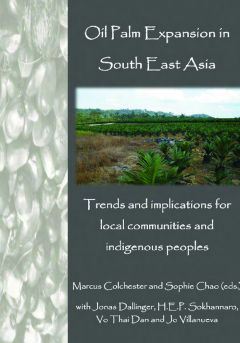The Samdhana Institute - An Asian Center for Social and Environmental Renewal
Our Purpose
The Samdhana Institute works to:
- Offer opportunities as well as support for individuals and groups to remove themselves from their immediate environment and reflect upon and communicate their experience and ideas.
- Enhance and enrich understanding of innovative approaches to sustainable resource management and broaden options for local communities.
- Support efforts to increase understanding, development and implementation of appropriate methods for conflict management and mediation, with a focus on conflict over access to and management of natural resources.
- Facilitate individual, inter-group and community learning and skills sharing.
- Provide small grants for community members, groups, their partners and support organizations to implement key activities related to these purposes.
Today, with a growing network of fellows, Samdhana assists in environmental conflict and mediation support and helps local organizations to reflect upon on their approaches to: i) problem identification and strategic planning ii) leading change processes iii) monitoring and assessment and iv) reflection upon effectiveness. The Samdhana approach is to have Fellows work closely with partners over time and during critical periods in program development.
Samdhana further provides space at its retreat centers for local groups and networks to come together to reflect upon and share their experiences and perhaps most important, to rest. These gatherings are organized by Fellows who specialize in facilitation and retreat. When reflection is the priority, the learning is captured and shared at local and international levels. Individual retreats or sabbaticals are also welcome and are custom designed.
Members:
Resources
Displaying 1 - 1 of 1Oil Palm Expansion in South East Asia: Trends and implications for local communities and indigenous peoples
This publication is focused on oil palm expansion and land tenure in several Southeast Asian palm oil producing countries (the Philippines, Thailand, Vietnam and Cambodia) and cross-compares their experiences with the facts and myths, stories and lessons learned from other palm oil producing countries, more specifically, Indonesia, Malaysia and Papua New Guinea.


